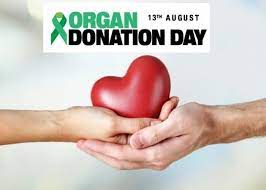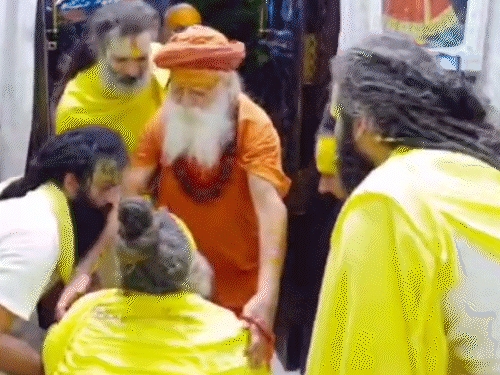World Organ Donation Day: Today is World Organ Donation Day, what is the history and importance of this day

World Organ Donation Day is celebrated every year on 13 August to spread awareness about the importance of organ donation and dispel myths related to donating organs. The day tries to encourage people to donate their healthy organs after death to save more lives. Donating organs like kidney, heart, pancreas, eyes, lungs etc. can help in saving lives of people who are suffering from chronic diseases. Many people lose their lives due to unavailability of healthy organs that can save them. The purpose of this day is to help people realize that voluntarily donating their organs after death can change lives for many.
Modern medicine has evolved significantly and made it possible to transplant organs from person to person and enable them to lead healthy lives. The first successful living donor organ transplant was performed in the United States in 1954. Doctor Joseph Murray won the Nobel Prize in Physiology and Medicine in 1990 for successfully performing a kidney transplant between twin brothers Ronald and Richard Herrick.
Who can donate organs? | Who Can Donate Organs?
Donating one’s organs is to give a new life to someone, one can voluntarily become an organ donor regardless of his age, caste and religion. However, it is important to ensure that people who donate their organs voluntarily are not suffering from chronic diseases like HIV, cancer, or any heart and lung disease. A healthy donor is paramount. Anyone can sign up to be a donor once they reach the age of 18.
Types of Organ Donation | Types Of Organ Donation
There are two forms of organ donation, living donation is done with donors who are alive and can donate organs like kidney and a part of liver. Humans can survive with a kidney and the liver is the only organ in the body that is known to regenerate itself, allowing these organs to be transplanted while the donor is still alive. Another form of organ donation is known as Shavdaan. In this procedure, after the death of the donor, his healthy organs are transplanted into a living person.







